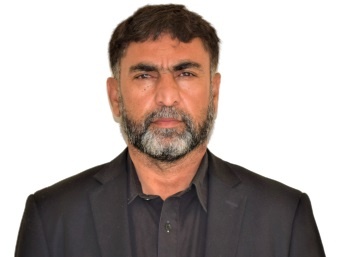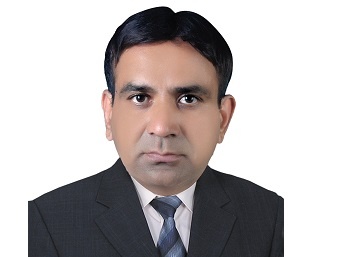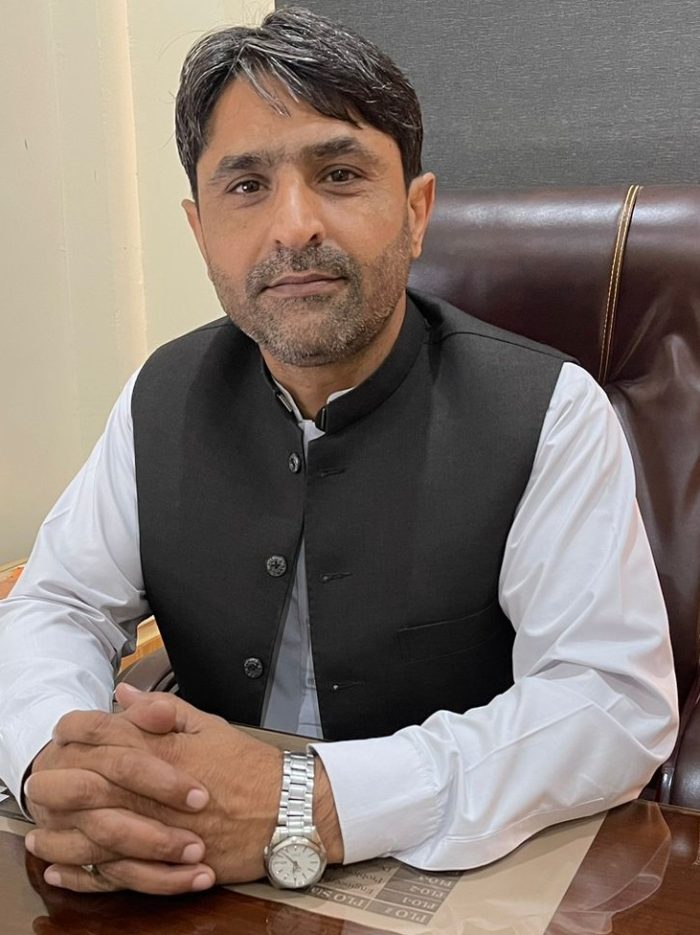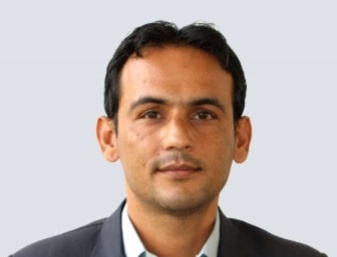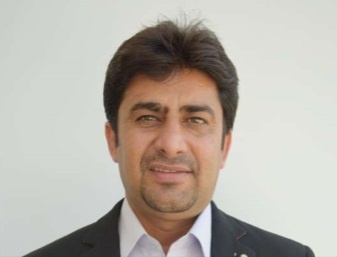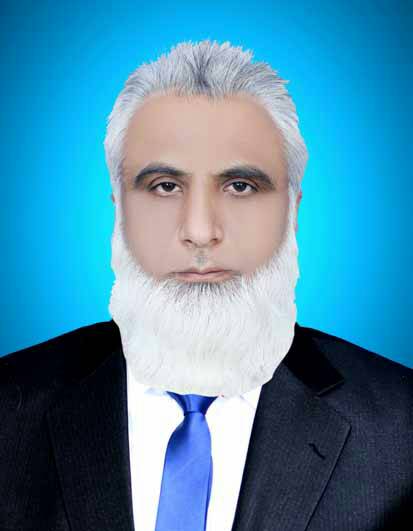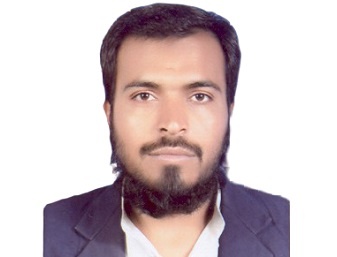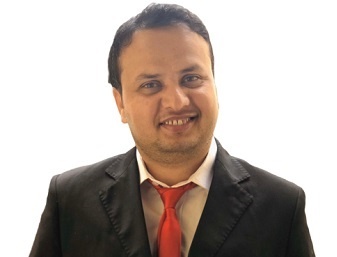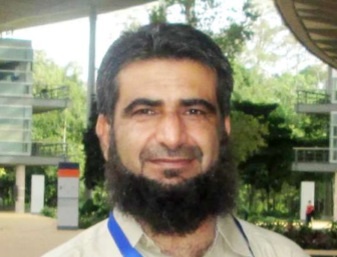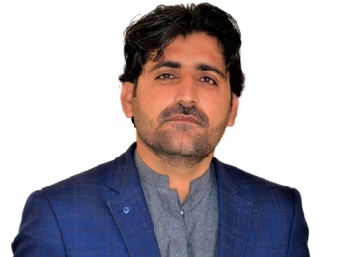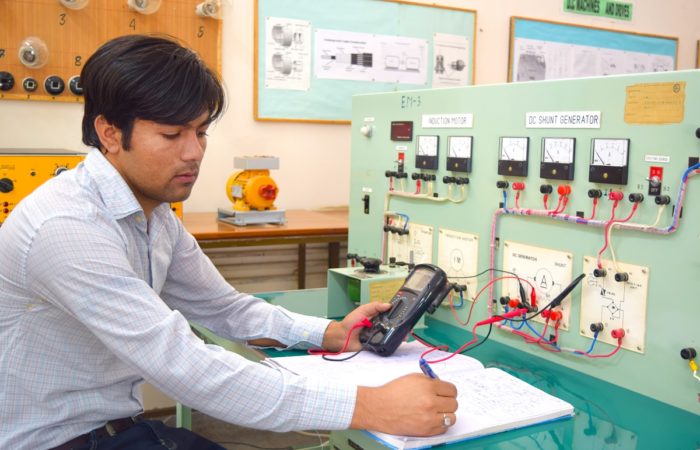Why Choose Electrical Engineering?
The undergraduate program in the department of Electrical Engineering is designed to prepare students for technical positions in the industry as well as for graduate studies in its related disciplines. The undergraduate courses have been designed according to the needs and fundamental aspects of engineering applications.
- To enable the graduates to gain and apply relevant knowledge and skill in the field of Electrical Engineering.
- Graduates of the Electrical Engineering program at the Balochistan University of Engineering; Technology, Khuzdar will have the knowledge, skills and attitudes that will allow them to make tangible contributions
- Ability to meet new technical challenges, contribute effectively as team members, and be innovators in the analysis, design and implementation of electrical and electronic devices and systems.
- Ability to communicate effectively and interact responsibly with colleagues, clients, employers and society.
- To incorporate social values among students.
Strategic plan
- To build capacity of the graduates through implementation of an up-dated curriculum consisting of core, major and elective subjects based on modern trends in the field of Electrical Engineering.
- To build capacity of the graduates through conceptual teaching and laboratory work, home assignments, group discussions, projects, presentations, etc.
To improve professional skills of the graduates through mandatory laboratory and field based internships and co-curricular activities such as departmental quizzes, exhibitions and competitions.
The fundamental principles and techniques of mathematics and science enable our graduates to contribute to an engineering effort. The graduated student will have:
- Knowledge of mathematics (including differential equations), science, and engineering fundamentals.
- An ability to identify formulates and solves engineering problems.
- An ability to perform Practicals related to theoretical knowledge
- An ability to design and conduct experiments, and analyze and interpret data.
- An ability to effectively communicate technical material.
- An ability to function as a member of a multidisciplinary team.
An in-depth knowledge of electrical engineering enables our graduates to contribute in their area of expertise. The graduated electrical engineering student will have:
- Knowledge of the electrical engineering fundamental topics in circuits, fields, and digital logic.
- Knowledge of advanced topics in mathematics including vector calculus, transform calculus, complex variables and probability and statistics.
- To design systems containing both hardware and software elements.
- The ability to specify, design, analyzes and tests an electrical/electronic system to meet a set of desired goals, within the context of a broader system application.
- An understanding and awareness of technological advances in electronic devices, materials, computational and communications techniques.
- Specialized knowledge in one or more of the topical areas of electrical engineering: controls, communications, digital electronics, or microelectronics, and Power.
- Preparation for graduate-level and advanced studies in electrical engineering. Ethical awareness and professionalism enable successful careers and responsible engineering practice.


